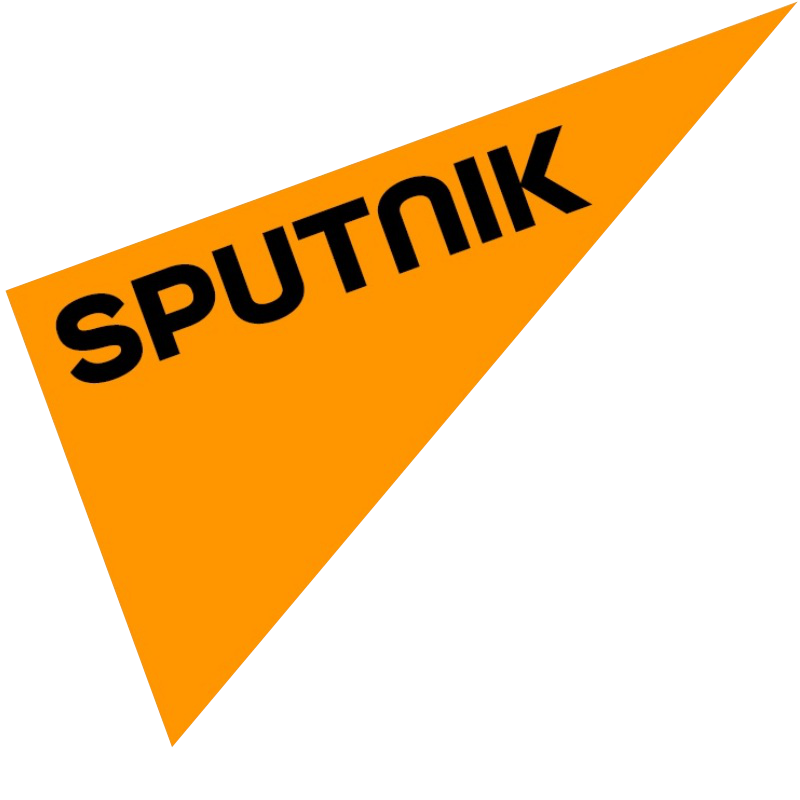
The formula for getting into Canada illegally is simple: if you manage to come to the Big Apple as a tourist, all you need is $104.50 for a bus ticket, another $75 for a cab ride, and a desire for a better life. pic.twitter.com/42rdFCvb8B
— Denis Bolotsky (@BolotskySputnik) October 24, 2019
What you see here happens in Plattsburgh 4 times a day: a bus arrives, future border crossers negotiate with the drivers and jump into cabs. Local authorities and law enforcement agencies pay little attention to illegals, unless they break the US law. pic.twitter.com/w8M0UYFzHE
— Denis Bolotsky (@BolotskySputnik) October 24, 2019
Bringing passengers to the border is technically legal, but cab companies came under scrutiny in 2017, when three of them were fined for overcharging the "Roxham Road-goers" with prices of up to $300 per person.
Janet McFetridge and Kimberly LaRean donate warm clothes to refugees. Janet says she's not focusing on politics, but on helping ppl: “Our immigration system is overloaded and not working well right now. People are getting desperate and feel that Canada is providing good hope" pic.twitter.com/aFnmeZsEyC
— Denis Bolotsky (@BolotskySputnik) October 24, 2019
I wanted to ask mayor Read about US authorities’ reaction to 1000s walking over to neighboring country illegally. In response I got this email. One more “answer” to my question came an hour later: I got pulled over by State Police and US Border patrol, my car searched with a K9. pic.twitter.com/A37pHSGRms
— Denis Bolotsky (@BolotskySputnik) October 24, 2019
45,517 illegals entered Canada from 02.17 to 06.19 according to Statistics Canada. In January this year the Border Security Minister Bill Blair told The Canadian Press that discussions are under way with the US to amend x-border agreements, but apparently it has hasn't been done. pic.twitter.com/lAulz0Q326
— Denis Bolotsky (@BolotskySputnik) October 24, 2019
Everything around Roxham Rd is surreal. A road sign which says “Dead End” is pointing to a "rabbit hole" of Orwellian “alternate reality”. Those who walk through it receive freebies. But most “non-PC” Canadians who dare to question it, are subjected to attacks and discrimination.
— Denis Bolotsky (@BolotskySputnik) October 24, 2019
Paleoconservative activist Faith Goldy broke the story of the Roxham Road crossing in 2017, right when it became known. Goldy says she was banned from several social media platforms, harassed, and physically attacked by left-wing extremists, forced to move out of Toronto, where shortly before that she ran for mayor and received 25,000 votes, coming in third and losing to powerful establishment candidates. Goldy runs her own YouTube show called "Canada First", which provides a platform, among others things, to people with unpopular views on immigration – views that are considered by many people in Canada to be too radical or even racist.
PPC leader Maxime Bernier told Sputnik in an interview on election night that despite losing this year's vote, his party will continue focusing on immigration:
Liberal politicians focus on humanitarian side of illegal immigration. Rebecca Malo – a Liberal candidate, who came in 3rd in Saskatchewan’s Carlton Trail-Eagle Creek riding during election, says that illegals should be helped because otherwise they would risk freezing to death. pic.twitter.com/aAKq1Cam93
— Denis Bolotsky (@BolotskySputnik) October 24, 2019


